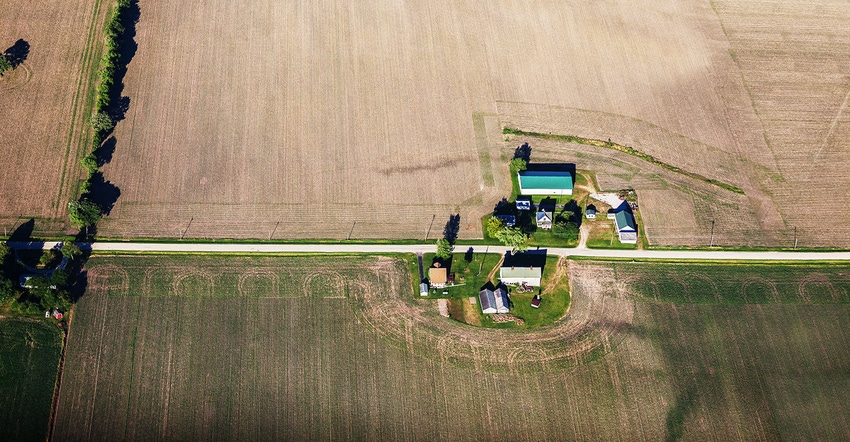
Every new year brings a new focus on family farm transition and this year is no different. As I reflect on the families I work with they all have different goals, dynamics, and personalities which affect the strategies they will implement for their specific situation. Other factors should certainly be considered too, such as the timing for transfer of labor versus management versus assets.
How to get started
Most families struggle on how to simply get started. I have found a review of the options available and a subsequent exercise of process of elimination is a great way to get the conversation started. Here is a review of some of the transition structures for you to consider for your situation:
Percent of operation
One option is to bring the next generation in the first year at a smaller percentage, such as 20% to 25%. This allows them to scale into the capital requirements of purchasing crop inputs needed for their share of the operation at a smaller rate. You can adjust the percentages over a period of years to 50-50 or until the next generation has taken over entirely. This approach also eases the tax burden of the party transitioning out, by incurring less tax burden on a smaller percentage of the last year’s crop. Compare this to the potential tax nightmare of recognizing tax on 100% of the grain from your last year of farming with no deductions to offset them.
Designate farms
Another option is instead of transitioning a percentage of the overall operation, some have chosen to designate specific farms to transfer to the incoming generation over a period of years. Typically, the incoming generation has use of the equipment line on their acres while they provide labor on yours. The decision between these two options is usually influenced by how it was handled in prior generations, or differing viewpoints on how to transfer labor versus management. For example, some believe it is better for the next generation to learn the management, financial, and marketing decisions hands on by leasing their own acres. On the other hand, other families prefer collaborating and making decisions together as a family farm business.
Entitize
A more formal option is to entitize the farm business with a partnership, limited liability company or corporation. This offers the advantages of one set of bookkeeping and economies of scale for crop input purchases and marketing decisions. Instead of transferring a percentage of the operation or specific parcels, equity in the business entity (entity units or stock) can be transferred over a period of years by sale, gift, or a combination of the two. Some of you have implemented a farm compensation package consisting of a wage being paid by the business entity, plus earned equity for every year of service. An entity can offer other advantages such as liability protection and a set of management rules to account for the unforeseen events which can occur, such as unexpected death, divorce, or lawsuits.
What about the equipment
Another very common question: What is the best way to transition the equipment? This is the topic for my next blog post, but for now, I hope this helps get the conversation started for you and your family and the transition of your family farm business.
Downey has been helping farmers and landowners for the last 20 years with their family farm transition, leasing strategies, finances, and general land consultation. He is the co-owner of Next Gen Ag Advocates and an associate of Farm Financial Strategies. Reach Mike at [email protected].
The opinions of the author are not necessarily those of Farm Futures or Farm Progress.
About the Author(s)
You May Also Like






